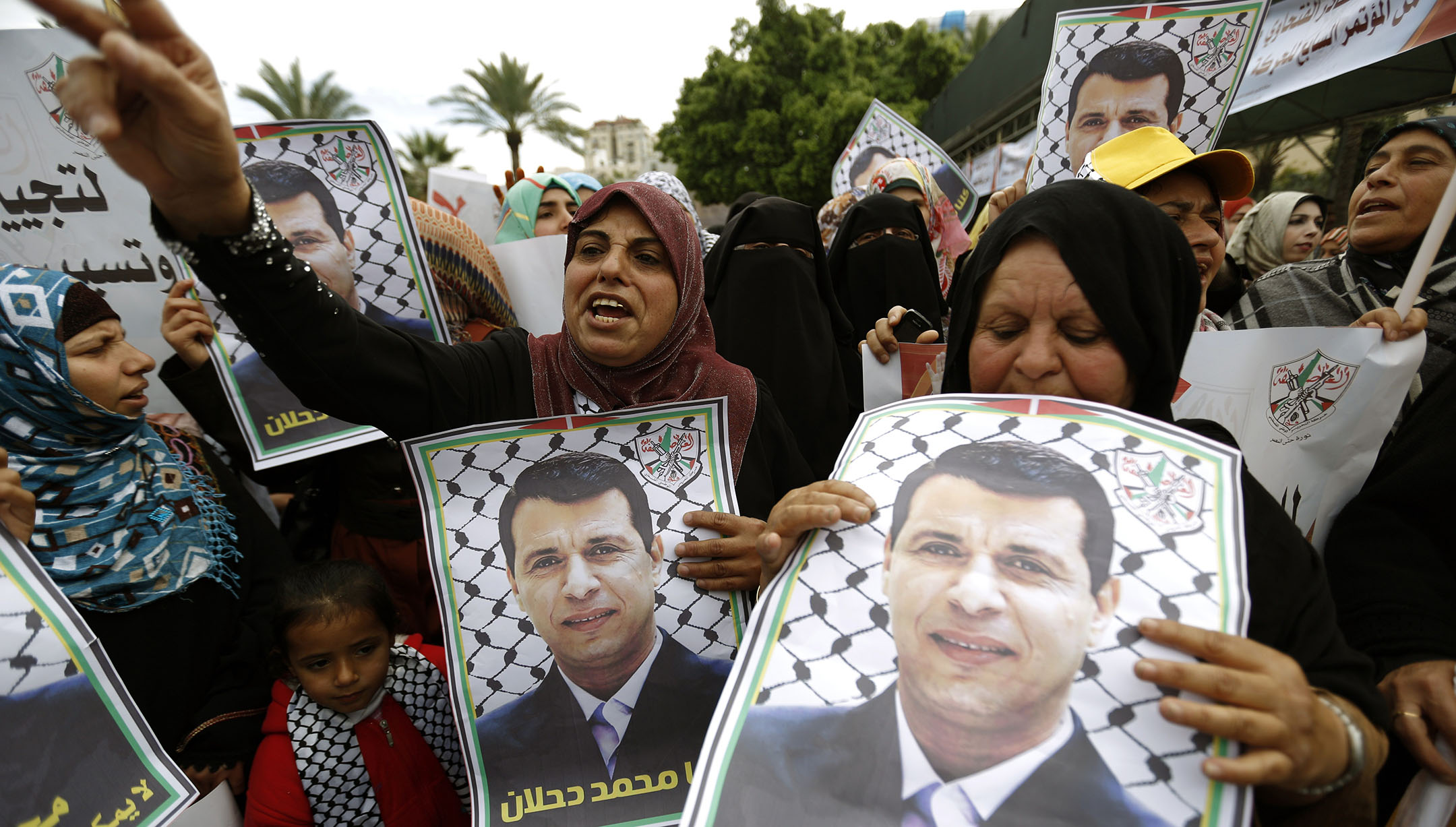CreativeCommons/www.kremlin.ru
Russia’s multifaceted involvement in the Syrian war has now tipped the advantage decisively in favor of the government led by Syrian President Bashar al-Assad.
Its well-considered system of local ceasefires and “reconciliations”—little more than glorified surrenders—between the regime and all manner of defeated members of the opposition has been fortified by a “de-escalation” regime, joined by Turkish, Iranian, and American junior partners in expanding perimeters throughout the country.
This effort is capped by a Russian-led diplomatic juggernaut in the Kazakh capital of Astana that is out-performing the moribund U.S.-led Geneva process. Russian President Vladimir Putin has defined Russian objectives clearly and resolutely, and marshaled inferior resources with skill and determination—much to the consternation of Washington.
During the just completed seventh round of talks in Astana, Putin’s plan for an All Syria Conference later this month in Sochi to discuss a new constitution for post-war Syria, was placed on the table. Members of the Syrian opposition will boycott his parley at their peril.
The Astana process marks only the latest example of what has been a seminal failure of U.S. diplomacy and its military effort to establish Washington as the arbiter of Syria’s future—a dubious prize to be sure, but one that two American presidents have deemed of national interest to fight for since civil war broke out in 2011.
Iran, along with Turkey and Russia, are Astana’s guarantors. Even the para-state Hezbollah is today better positioned than Washington to affect the nature and composition of the postwar regime Moscow is attempting to shepherd. Washington is relegated to the gallery that Putin, whose military intervention in September 2015 was derided by Defense Secretary Ash Carter as “doomed to fail,” has assembled.
Yet despite the headlines, Syria has never been a zero sum contest between Washington and Moscow. Once the Obama administration’s feverish demand for the destruction of the ruling Ba’ath Party security regime was abandoned, a foundation for U.S.-Russian “de-confliction” in the battle against ISIS was established. The Russian draft constitution, released earlier this year, offers important elements aimed at meeting Kurdish interests within a unified Syrian state that under other circumstances could find favor in Washington.
But as Syria’s endgame unfolds, Washington’s outsized dreams are crashing to earth. It is literally basing its future on premises that are untenable in the long-term, and which are betrayed by a seemingly willful ignorance of Syrian history.
If American stabilization efforts in Iraq are meant to consolidate the power of the central government, in Syria they’re meant to atomize it, using the Kurds as a foil. Washington professes support for the unity and territorial integrity of the country, but its actions on the ground suggest it’s more interested in carving out territory dominated by Kurdish forces in the northeast.
Other than some opposition diehards, no one suggests that the Raqqa region can be used as a springboard to wrest the capital from Assad and the Russians and the Iranians and their Iraqi and Lebanese allies. At best, Washington sees the creation of a Syrian rump territory dominated by Kurdish allies of the PKK and tribes, some of whom are fresh from the bad bets they placed on ISIS, as the key for postwar demands on the regime to support an ill-defined federal solution that will wrest power from the capital.
A “whole of government” effort is now being marshaled by the U.S. to create an island of good governance in the 20 percent of the country liberated by Kurdish-dominated forces. Washington, like ISIS before it, is enlisting tribal leaders in this effort. Meanwhile, a flurry of “Made in America” acronyms—notably the RCC (Raqqa Civic Council) and the Raqqa Internal Security Force (RISF)—is being established alongside the SDF (Syrian Democratic Forces) with U.S. goodwill and Saudi cash.
Syrians of all stripes can be forgiven for thinking that such a scheme sounds an awful lot like the French Mandate-era effort to divide and rule a series of small Druze, Alawi, and Syrian fiefdoms during the 1920s and 1930s. The French went so far as to create Alawite and Druze states, flags and all. They soon perished under the weight of what still remains the essential force in modern Syrian politics—the drive for national sovereignty and independence. Assad’s recent declaration that Raqqa would be considered “occupied,” as well as Syrian dissatisfaction with Iranian and Hezbollah’s overreaching, reflect this history.
All Syrians, including the Kurds, share this nationalist legacy, which argues against a quixotic post-war U.S. effort to weaken the power of the center in favor of sectarian interests on the periphery. At the appropriate time, when the Kurds in eastern Syria, whose dream of independence has been dashed on all fronts, will make their way back to Damascus. In key respects they have never left. Unlike many in the Opposition, they are prepared to attend the Sochi conference, continuing an uneasy engagement with Damascus about governance that is as old as the modern Syrian state.
Notwithstanding the current U.S. fascination with the Kurds’ separatist prospects, the best future for all Syrians lies in a unified country under conditions in which a government in Damascus is strong enough to make concessions in their favor.
Geoffrey Aronson is chairman and co-founder of The Mortons Group and a non-resident scholar at the Middle East Institute.







